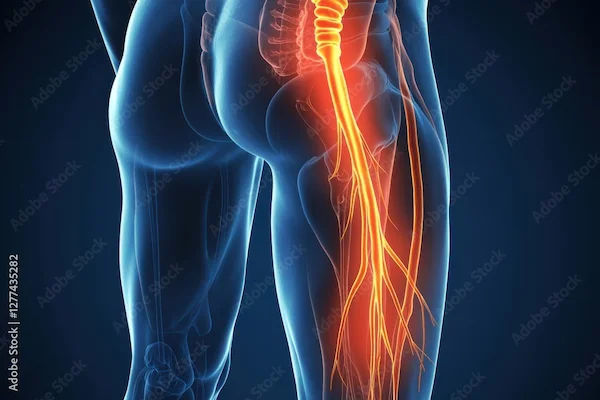- female
- 45 Years
- 14/08/2025
I've been diagnosed with lumbar spondylolisthesis grade 2 or 3 and have a bulging disc in my lower back causing constant pain. Surgery isn't something I want to consider right now - are there other treatment options that could help manage this condition and relieve the discomfort?

More Orthopaedics Health Queries
View allMy MRI report shows mild knee joint effusion with a grade 2 ACL tear and MCL sprain but normal PCL and meniscus. The joint space looks okay with no loose bodies. Can this heal with just physio or will I need surgery? Really worried and want to get better fast
A Grade 2 ACL tear and MCL sprain, along with mild knee joint effusion, can often heal with physical therapy, but some cases might require surgery. The decision depends on factors like your age, activity level, and the stability of your knee. A combination of rest, bracing, and physical therapy is a common initial approach for these types of injuries.
Answered by 1 Apollo Doctors
My 65-year-old mom has severe knee pain because the fluid in her knee is gone and the bone is worn out. She can't walk or climb stairs anymore. Allopathy doctors recommended knee replacement, but I'm wondering if homeopathy has any treatment options for this condition
homeopathy may offer some relief for knee pain, it's crucial to understand that it doesn't directly address the underlying cause of bone-on-bone friction or the loss of cartilage, which are central to osteoarthritis. Homeopathy is often used to manage symptoms like pain and inflammation, but it's not a replacement for allopathic treatments like knee replacement surgery when that is needed
Answered by 1 Apollo Doctors
I'm experiencing some pain in my left leg, specifically around my knee joint at the back and my toe joint, after having sex with my wife. We typically have sex about twice a week. Should I be worried about something serious, and what kind of doctor should I consult for this issue?
That could be muscle catch or cramp,no need to worry take adequate rest,if it's bothering you much visit Orthopaedician for appropriate w
Answered by 1 Apollo Doctors
Disclaimer: Answers on Apollo 247 are not intended to replace your doctor advice. Always seek help of a professional doctor in case of an medical emergency or ailment.




